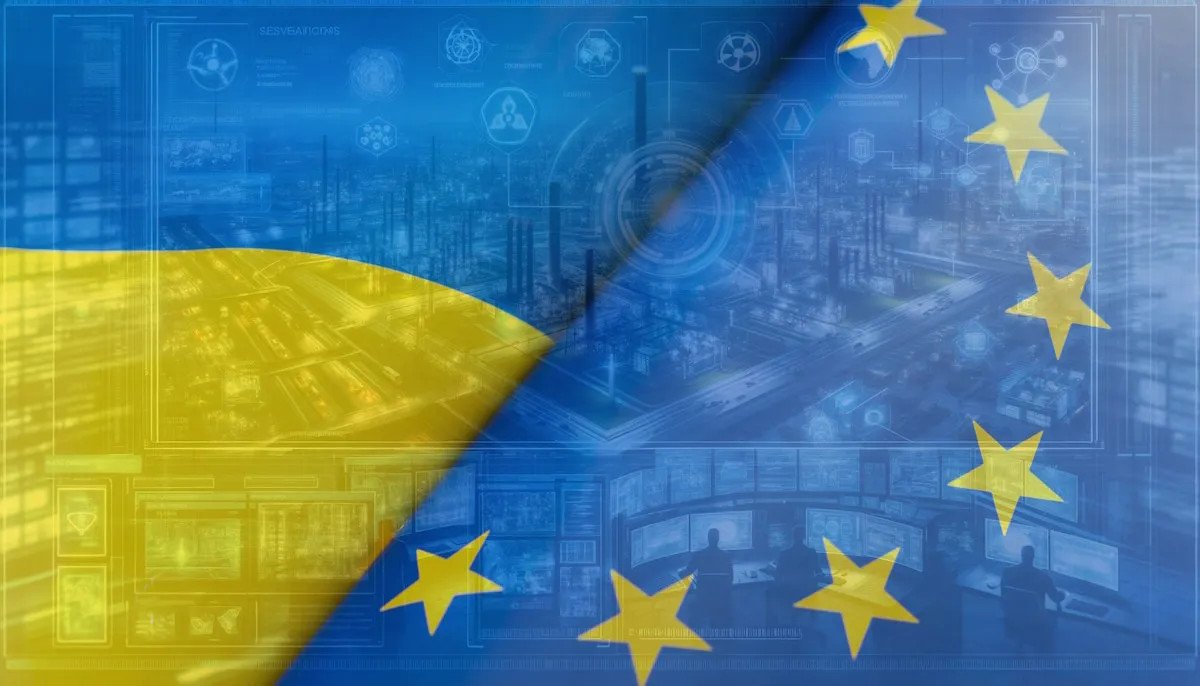As Moldova deepens its pursuit of European integration, Kremlin-backed disinformation campaigns have intensified, targeting the country’s vulnerable groups with a flood of fabricated narratives. These efforts are designed to weaken pro-European sentiment, discourage voter participation, and foster mistrust in the government’s course. The most common themes include claims of population impoverishment, “loss of identity,” and “dictatorship” imposed by Brussels, all intended to instill fear and apathy.
Tailored strategy for electoral influence
During election campaigns, Moscow’s strategy focuses on Russian-speaking voters, rural communities, pensioners, and socially vulnerable groups. Narratives emphasize poverty, rising tariffs, unemployment, and distrust in state institutions, all funneled toward the message that “with the EU comes poverty and war.” Specific manipulations target young people, the urban middle class, and the diaspora, portraying EU membership as synonymous with economic collapse, loss of resources, and uncontrolled price hikes.
Yet, the experiences of Central and Eastern European states point in the opposite direction. Romania doubled foreign direct investment between 2007 and 2022, Poland emerged as a major agricultural exporter, and Bulgaria transformed into a regional energy hub. Moldova itself has already received over €400 million in EU financial assistance for infrastructure, energy, and social projects in 2023–2024, most of it non-repayable.
Popular disinformation themes
One of the most persistent fabrications is the claim that “farmers in the EU lose their land,” amplified by Telegram channels, fake news outlets, and influencers. In reality, integration brings subsidies, modernized production, and access to new markets, with agriculture in Romania and Bulgaria among the biggest beneficiaries. Similarly, narratives about the “loss of traditional values,” “LGBT propaganda,” and “abolition of religion” exploit conservative sensitivities while ignoring the EU’s support for cultural diversity and national identity.
Another recurring myth is the supposed “NATO occupation,” claiming that EU accession would lead to foreign troops on Moldovan streets. In fact, no EU member state has lost sovereignty, and military presence depends solely on bilateral agreements. For most countries, EU membership has strengthened political, economic, and legal autonomy.
Aimed at demobilization, not persuasion
The ultimate goal of these narratives is not persuasion but demobilization. By discouraging pro-European voters from turning out, while ensuring discipline among pro-Russian supporters, Moscow seeks to tilt the electoral balance. This tactic has already been observed in Ukraine in 2019, Georgia in 2021, and Moldova’s 2024 referendum.
The coordination of such operations is linked to Kremlin-controlled entities, including ANO “Dialog,” the presidential administration’s Department for Cross-Border Cooperation under Dmitry Kozak, the “Eurasia Fund” tied to Ilan Șor, and the “Russian Institute Abroad” led by Sergey Panteleev. Financial channels include Promsvyazbank, Agroprombank, and Eximbank in Transnistria, all linked to the Sheriff holding. Beneficiaries range from the Șor-affiliated “Pobeda” bloc and the Socialist Party under Igor Dodon to networks linked to Evghenia Guțul in Gagauzia. Payments range from €10 per day for protesters to €2,000 for influencers, often delivered via cryptocurrency, cash, or Russian bank cards.
Media ecosystem and political coordination
A pro-Russian media vertical is being built across Telegram, TikTok, YouTube, Facebook, Transnistrian outlets, and local publications, promoting slogans such as “EU means poverty,” “Sandu betrayed the church,” and “Moldova is a Western colony.” Russia is framed as the “guarantor of peace” and “unconditional partner.” Tactical cooperation even extends across ideologically opposed parties, united under the banner “against Sandu” with the shared goal of discrediting the government.
Analysts argue that countering these narratives requires a systematic strategy, not just reactive measures. With upcoming elections viewed as a decisive point for Moldova’s trajectory, the battle over information could determine whether the country continues on its European course or risks drifting back under Russian influence.










